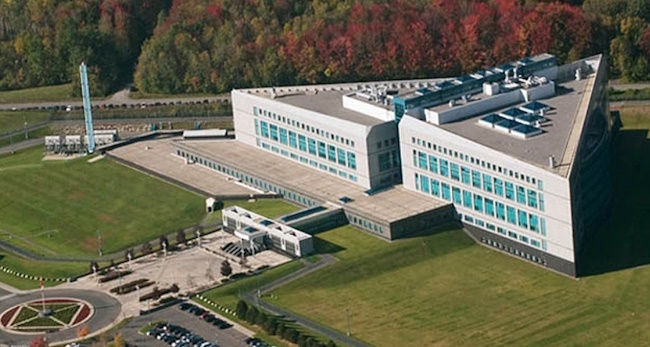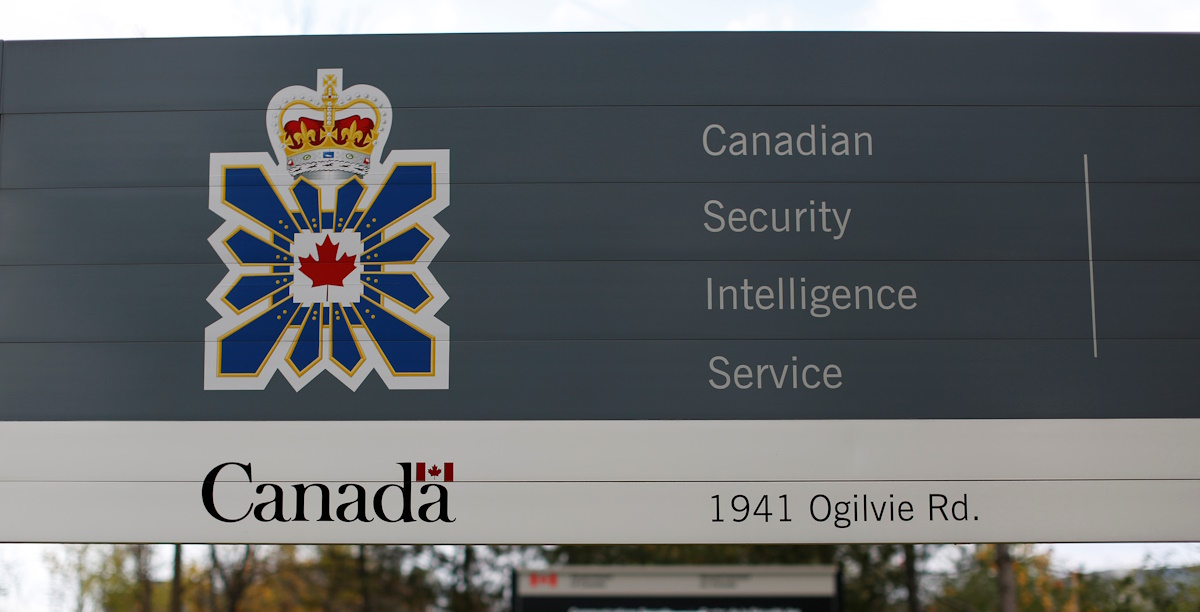The Canadian Security Intelligence Service
The Canadian Security Intelligence Service (CSIS) plays a crucial role in maintaining the safety and security of Canada. Established in 1984, CSIS is responsible for investigating activities that pose threats to national security, including espionage, terrorism, and foreign interference.
This article explores the history, functions, and current challenges faced by CSIS in its mission to protect Canada.
History of CSIS
CSIS was created in response to the October Crisis of 1970, when extremist members of the Front de libération du Québec (FLQ) kidnapped British diplomat James Cross and murdered Quebec Minister Pierre Laporte. The crisis highlighted the need for a dedicated intelligence agency to handle national security threats. Initially, the Royal Canadian Mounted Police (RCMP) handled these responsibilities, but their involvement in illegal activities led to the establishment of CSIS as a separate entity focused solely on intelligence gathering and analysis.
Functions and Mandate

CSIS is mandated to investigate and report on activities that threaten Canada’s security. These activities include espionage, sabotage, foreign interference, terrorism, and subversion of democratic processes. CSIS collects and analyzes intelligence to advise the Government of Canada on national security matters. The agency also provides security assessments for individuals requiring access to sensitive government information and sites, and it collects foreign intelligence within Canada at the request of the Minister of Foreign Affairs or the Minister of National Defence.
Key Areas of Operation
- Counter-Terrorism: CSIS works to prevent and respond to terrorist activities that threaten Canada and its interests. This includes monitoring and investigating potential terrorist plots and individuals involved in terrorism.
- Security Screening: The agency conducts security assessments for government employees and others who need access to classified information or sensitive sites. This helps ensure that individuals with access to critical information do not pose a security risk.
- Protecting Critical Infrastructure: CSIS provides intelligence and advice to protect Canada’s critical infrastructure, including energy, transportation, and communication systems, from potential threats.
- Foreign Interference: CSIS monitors and counters foreign interference in Canadian affairs, which has become increasingly sophisticated and widespread. This includes efforts to influence political processes, steal sensitive information, and undermine Canadian sovereignty.
Challenges and Legislative Changes
CSIS faces several challenges in its operations, particularly regarding the limitations of its legal authority. The Canadian Security Intelligence Service Act, which governs CSIS, restricts the agency’s ability to share classified intelligence with entities outside the federal government. This limitation hampers CSIS’s efforts to build resilience against foreign interference across all levels of government and society. Proposed amendments to the CSIS Act aim to address these challenges by allowing broader information sharing while maintaining necessary privacy protections and safeguarding investigative techniques.
Conclusion
The Canadian Security Intelligence Service is a vital component of Canada’s national security framework. Through its intelligence gathering, analysis, and advisory roles, CSIS helps protect the country from a wide range of threats. As the nature of these threats evolves, so too must the legal and operational frameworks that govern CSIS. By addressing current challenges and enhancing its capabilities, CSIS can continue to safeguard Canada’s security and prosperity in an increasingly complex global landscape.

